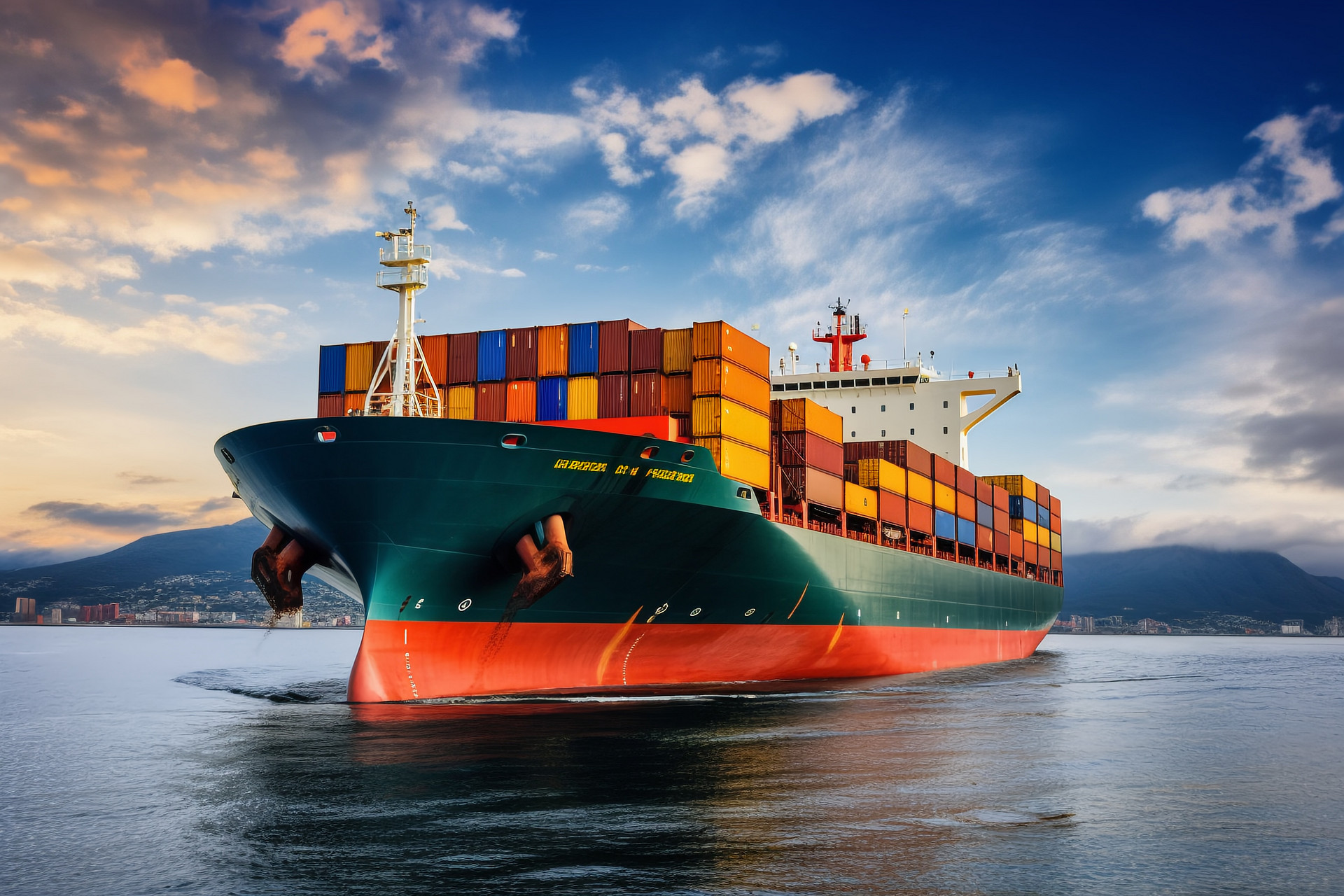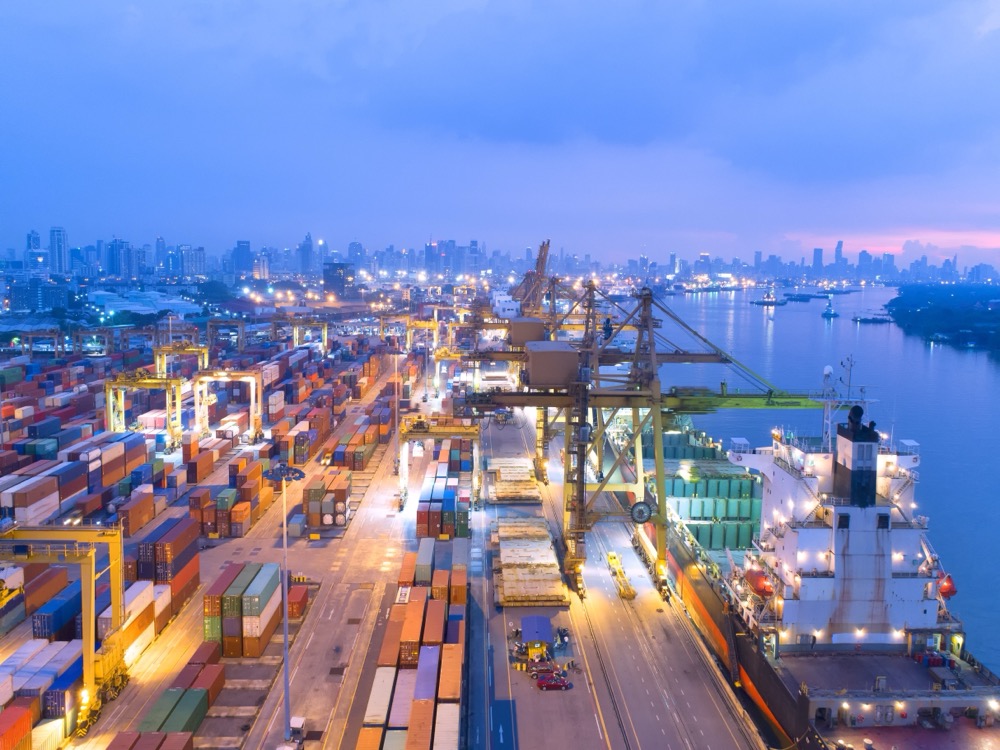 +86-021-61406313
+86-021-61406313



In 2025. many countries around the world have adopted diverse policies and measures to address the problems of ‘tax leakage and market competition’ brought about by the rapid development of cross-border e-commerce. Below is a list of recent tariff policies and initiatives issued by major countries and regions.
Vietnam: Cancellation of VAT exemption for cross-border e-commerce
The Vietnamese government has announced a decision to remove the VAT exemption for imports valued at less than VND1 million (approximately RMB288.8) from 18 February 2025. and to bring foreign e-commerce platforms and suppliers into the scope of local tax regulation in order to prevent tax loopholes.
Recently, Lazada and Shopee Vietnam have issued notices that they will add VAT on imported goods in response to the Vietnamese government's new policy.
US: Temporary restoration of tax-free treatment for small parcels
The U.S. announced on 7 February 2025 that it would temporarily reinstate the duty-free policy for small parcels under US$800 in China, without specifying the effective period.
This exemption had previously been cancelled by the Trump administration in an attempt to protect local businesses by imposing tariffs, but was adjusted due to processing pressures on the customs system. This policy is intended to balance tax collection with administrative efficiency, but could change again in the future due to changes in the decree.
EU: Duty-free threshold for low-value goods to be cancelled
The European Commission proposed on 5 February to abolish the duty-free policy for imports under 150 euros and to strengthen customs checks to cope with competitive pressure from low-priced Chinese goods. The proposal has been made since last year, aiming to reduce the loss of tax revenue and protect local retailers.
The European Commission has recently announced on its official website the actions to be taken for safe and sustainable e-commerce imports. It lists all the tools that the EU already has and highlights the initiatives that are currently being discussed by the co-legislators. In addition, it proposes new joint actions to address concerns arising from unsafe, counterfeit and other non-compliant or illegal products entering the market.
In the area of customs reform, this includes a call for co-legislators to swiftly adopt the proposed Customs Union reform programme, which would allow for the rapid implementation of new rules to create a level playing field in the area of e-commerce. This includes the removal of customs exemptions for low-value parcels with a value of less than €150 and the strengthening of control capabilities, such as better data sharing and risk assessment.
The European Commission has also invited co-legislators to consider further measures, such as a non-discriminatory handling fee on EU e-commerce goods imported directly to consumers, to address the scaled-up costs of monitoring billions of such goods for compliance with EU rules.
Specific measures targeting imported goods include the launch of co-ordinated controls between customs and market surveillance agencies, as well as co-ordinated actions targeting product safety, such as the first-ever product safety sweeps.
This will lead to the removal of non-compliant goods from the market and help collect evidence to inform risk analyses and complementary actions. Based on risk analyses, rolling controls on certain operators, goods or trade flows will be strengthened in the future. The higher the rate of non-compliance, the greater the vigilance in subsequent phases, and penalties should reflect systemic non-compliance.
Mexico: 16% VAT on all cross-border e-commerce platforms from January 2025
A 16% VAT will be levied on foreign e-commerce platforms, including Amazon, from 1 January 2025. according to an announcement issued by the Mexican government.
As part of the Income Tax Law 2025. the policy applies to all businesses that sell goods and services in Mexico through foreign e-commerce platforms. The e-commerce platforms will be responsible for withholding and remitting this tax to the Mexican Tax Service (SAT). Foreign sellers will need to register with the Mexican Federal Taxpayer Registry (RFC) to obtain a tax ID number and file and pay VAT in accordance with the new tax regulations.
Malaysia: 10 per cent sales tax on imported low-priced goods
In order to enhance the competitiveness of local goods in the market, Malaysia issued the Low Value Goods Sales Tax Amendment Act on 28 December 2023. which provides for the imposition of a 10% sales tax on imported low-value goods (goods with a unit price of less than RM500) sold online in Malaysia from 1 January 2024 onwards.
The tax excludes specific goods such as tobacco products, alcohol and pipes, which are already subject to import duties, excise taxes and sales taxes.
Thailand: 7 per cent VAT on small imports
Thailand's VAT Fairness Act came into effect on 5 July 2024. according to ThaiChinese.com. This signals that goods sold on cross-border e-commerce platforms priced at less than 1.500 baht (about $40) will no longer be tax-free, and that low-priced imports and all goods sold by Thai merchants will be subject to a 7% VAT. The policy will be in effect from 5 July to 31 December 2024.
On 3 December 2024. Prime Minister Petunthan said the Cabinet agreed to extend the VAT levy on imports priced up to 1.500 baht from 1 January 2025 to 30 December 2025 in order to prevent the proliferation of illegal imports, according to Thai media reports.






